News & Articles

Visit us at Hong Kong InnoDesignTech Expo,
December 1-3, 2016
Creative and Tech Start-up Zone, Booth 1B-E18
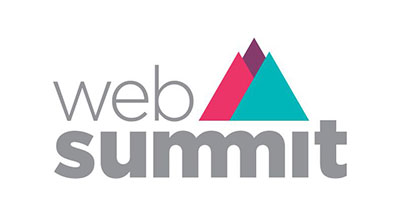
Visit us at Lisbon Web Summit,
November 8th, 2016
Beta Exhibition Area, Pavilion 1, Booth No B307
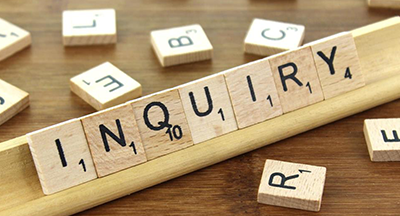
Inquiry: Our Natural Gift, Our Duty to Grow It
Inquiry is something that each and every one of us do all day everyday - it’s how we function as humans, born curious and constantly seeking for answers yet to be discovered. It is also the reason that mankind is the fastest developing species with advanced technology that essentially roots from discovery.....
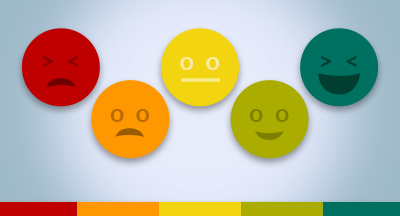
Feedback: Gaining a Second Opinion
We encounter the word feedback all the time, such as: customer feedback, employer feedback, employee feedback, guest feedback, school feedback, teacher feedback and the list goes on. So what exactly is feedback? While we generally understand it as an action to provide criticism or evaluation, why is it so important that it is still widely applied in all aspects of our daily life? Isn’t our own opinion on the matter enough?
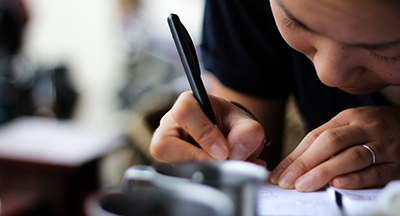
Harvesting Life Through Journaling
When it comes to keeping a journal, our minds stereotypically think of younger confused teens who rant about their daily emotional turbulences, or maybe even that one quiet sweetheart whom we all knew shared a special relationship with his/her diary.
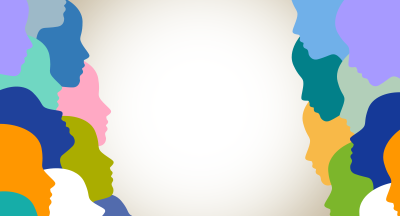
A Healthy Conflict: Debate
From daily arguments with peers in your local coffee shop to competitive debates held in schools and universities, and even extending to aggressive politicians contending for different motions to be passed… debates exist not just to satisfy disagreements, but more importantly reflect the very nature of our democratic world. While some do avoid it possibly due to fear of conflict, debates are actually an important part of developing a person’s character and intelligence.

Grasping Knowledge
“Ah! I can’t seem to recall what it is about but I vaguely remember studying it in school.” How often has this happened to you or someone else? Have you ever wondered if all those years spent reading, memorizing and learning was effective enough? Also, how much information was actually understood and stayed as a form of knowledge inside your head? Yes, it’s a given that our minds are not all great and perfect, but we are a uniquely intelligent species that if given the right approach, our brains can engage very well.
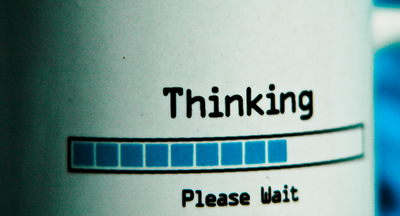
Why do we hate certain subjects?
“I wished I had better teachers during my study of (insert hated subject here). I could have had a whole different perspective and attitude towards the subjects I hated.” Sounds familiar? How many of you wished you had a better Math teacher? Or wished u had a different outlook on “boring history”? This seems to be especially true with people that are educated in Asian countries or those that have attended more traditional forms of schooling.
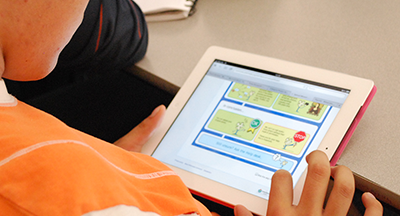
Media: Effective Packaging of Information
Education is the cornerstone of mankind’s progress. For decades, learning has been confined to classrooms and textbooks which ultimately lead to the loss of interest and restriction in creativity. Staying in our old ways of education has caused students worldwide to be frustrated or in more serious scenarios, give up the idea of education. Despite general views, learning can be exciting! This is accomplished through the kindling of passion and understanding for knowledge which in turn elevates our experience of the world.
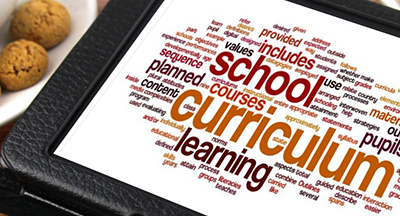
Syllabus and Curriculum? Same Thing?
In my 10 years working as an educator, I have encountered many that are oblivious to the differences between syllabus and curriculum. This is especially true when I talk to parents and they tend to mix the words around thinking it gives the same meaning. It is one of those scenarios where people confuse terms with similar meaning like admit and confess or belief and faith.
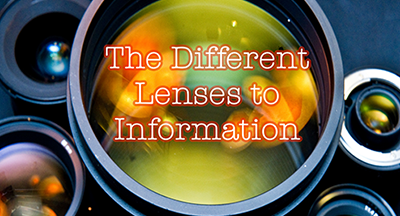
Context into Content: Using Lenses
As we look around us, all types of content are scattered surrounding us. A content generally refers to differing communicating medians that have information in them. This said information is often times approached at its face value or the general consensus of society if one does not understand the importance of context. Approaching information this way is one of the unproductive habits that we as a society practice as it misleads.

Parental Guide: Are we all forgetting one important element in discipline?
As parents, we place so much emphasis on the growth of our kids. Personally, I spend so much on parental guidance books constantly or even expensive educational toys and resources for my kids just to ensure that they will grow up to be successful adults. Others even work extra jobs just to provide rare (and rather expensive) opportunities like piano and fencing lessons to their children that even we as the parents, never even had the opportunity to think about it whilst growing up.
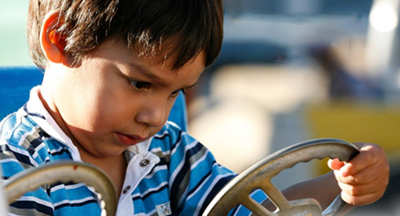
The Primary Fuel of Healthy Growth - an Inquisitive Attitude
From the moment an infant gains consciousness towards the end of an adult’s life, it is within our nature to be curious of our surroundings. Be it a toddler responding to peculiar sounds or a distinguished researcher trying to crack the mysteries of the universe, we are constantly intrigued by the unknown and as a result, drawn to understand it. This said curiosity draws us to learn and more importantly discover our surroundings.
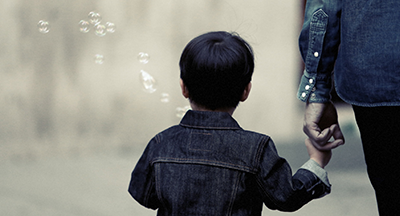
The Importance of Parental Involvement
As mankind ushers into modernity, relationships between humans seem to grow more distant as our technology flourishes. One most important aspect of society: the daily household family is under threat from this modern disease of separation1.
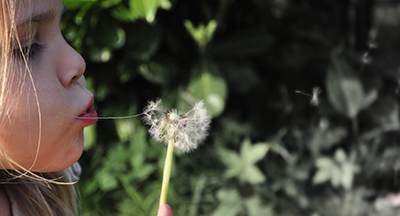
Beeducation Learning Experiences
Education is the cornerstone of mankind’s progress. For decades, learning has been confined to classrooms and textbooks which ultimately lead to the loss of interest and restriction in creativity. Staying in our old ways of education has caused students worldwide to be frustrated or in more serious scenarios, give up the idea of education. Despite general views, learning can be exciting! This is accomplished through the kindling of passion and understanding for knowledge which in turn elevates our experience of the world.